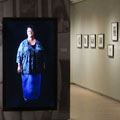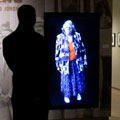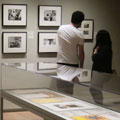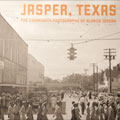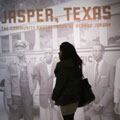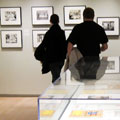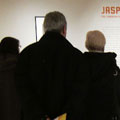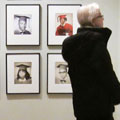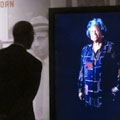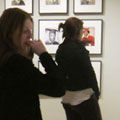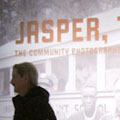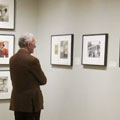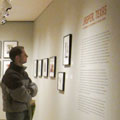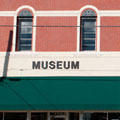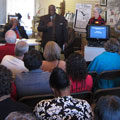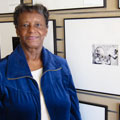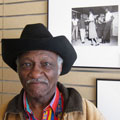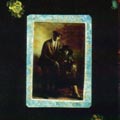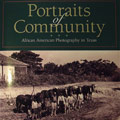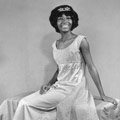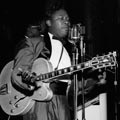Jasper, Texas: The Community Photographs of Alonzo Jordan
Curated by Alan Govenar
Details
Dates:
January 21 - May 8, 2011 at the International Center of Photography, New York, NY
January 21 - April 25, 2011 at the Jasper County Historical Museum, Jasper, TX
About
In 1998, the small East Texas town of Jasper was shaken by the brutal, racially motivated killing of a forty-nine-year old African American named James Byrd Jr. The international media coverage of that traumatic race crime did not for the most part reveal the stark past and complicated social life of this historically segregated community. Little notice was paid, for example, to the photographs of Alonzo Jordan (1903-1984), who had made Byrd’s high school graduation portrait, and who had worked for more than forty years to document African Americans in Jasper and in the surrounding rural areas. These photographs were the subject of an exhibition, Jasper, Texas: The Community Photographs of Alonzo Jordan, on view at the International Center of Photography (1133 Avenue of the Americas at 43rd Street) from January 21 to May 8, 2011.Like many small-town photographers, Alonzo Jordan fulfilled various roles in the community. A barber by trade, Alonzo Jordan was also a Prince Hall Mason, a deacon in his church, an educator and a local leader, who took up photography to fill a social need he recognized. Over the years, he chronicled the everyday world of black East Texas, especially civic events and social rituals that were integral to the daily life of the people he served.
In addition to revealing the African American culture of Jasper during the Civil Rights era, this exhibition challenges existing formalistic approaches to the study of vernacular photography. It considers Jordan’s distinguished career as a “community photographer.” Guest curator Alan Govenar describes the community photographer as one who “actively documents the world in which he lives and works, focusing on those events, ceremonies, and activities, from baptisms, weddings and funerals to homecoming parades, graduations, and family reunions.” Govenar adds, “In communities across the nation, photographs of this kind have been proudly displayed for decades in people’s homes, local churches, businesses, civic buildings, and schools because they document groups and individuals who are held in high esteem. Frequently, the photographer is not identified or credited because the emphasis is upon the family, social and professional groups, and the recognition of the community infrastructure.”
In the introduction to the catalogue that accompanies the exhibition, Alan Govenar notes, “Like other forms of folk art, where the identities of the maker may be lost over time, Jordan’s photographs have become part of the larger public memory of his community. The virtuosity of these images is secondary to their content. They are an expression of history and pride, testaments not only to experiences shared and talked about, but to beliefs and values that are at the core of the oral tradition. Together, these images form a compelling portrait of African American life in Southeast Texas.”
Concurrent with the showing of Jasper, Texas at the International Center of Photography, the Jasper County Historical Museum and the Lone Star Community Center in Jasper organized an exhibition and public programs about Alonzo Jordan’s work.
